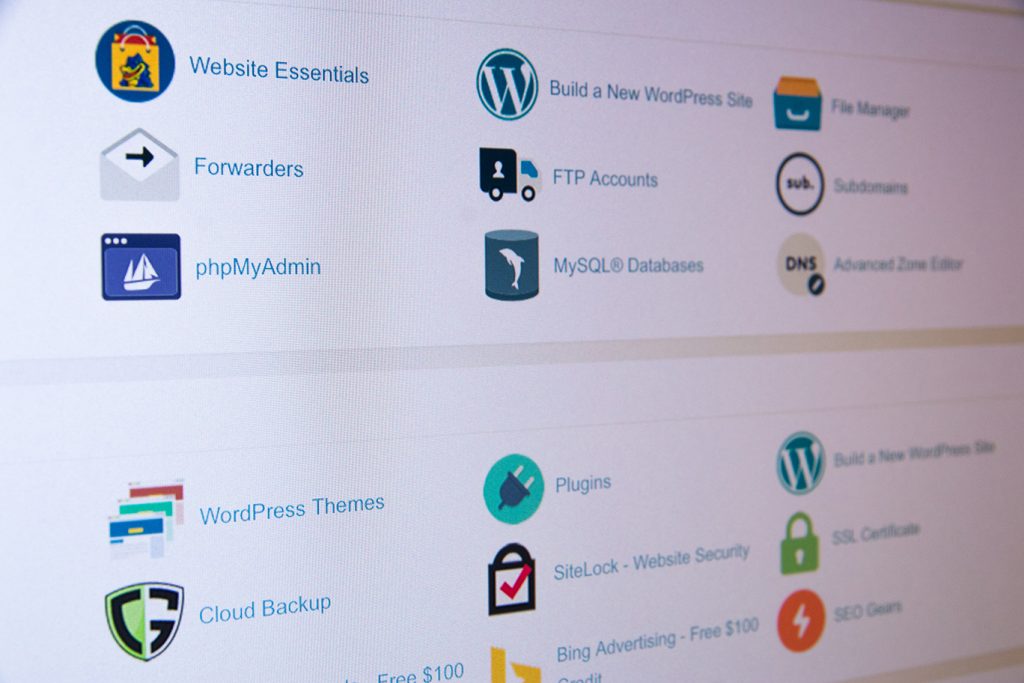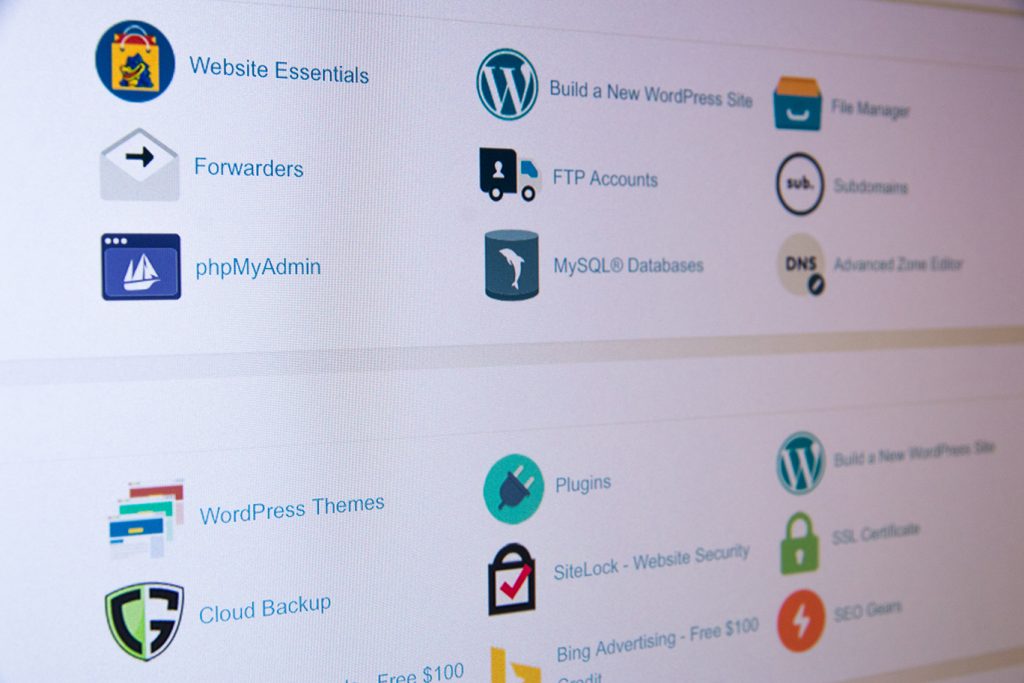Do you have a relevant domain name? Check. Do you have attention grabbing headlines and sub-headlines? Check. How about a newsletter, appropriate keyword placement or intuitive site navigation? Hmmm. Is your website written for readers or so that Google ranks it well? Who should the site ultimately be tailored to?
I know, so many questions but this is because there are a number of variables at play that will determine whether you are getting the best value from your website — and as a website owner it’s your job to find the answers!
In order for sites to attract and retain viewers, there are a number of must-have components. You may have none, a few or all of these currently implemented. By conducting a web audit on your site, you are able to determine where it may be lacking.
These days, when signing up for hosting services, a lot of the tools and support to build your site come as part of the package. Further to this, there are content management systems such as Joomla, Mambo and WordPress that allow for easy site construction and maintenance. With the addition of useful components such as newsletters, shopping carts, forums and blogs, the process is simplified even further. Adding the functions to implement these capabilities allows your website to potentially become a highly interactive hub.
However, despite the availability of these tools, your site still needs to contain quality information and writing, relevant sections and an intuitive interface.
An understanding of what information your viewers are after and what features will benefit them is the key to creating your site. Get an insight into what your website currently offers through addressing a number of questions. You should also try to get an appreciation of what works and what may be detracting from your web pages.
We’ll break these down into some of the more important areas.
Get your pen ready. Your checklist awaits you…
Must Have Components:
- Headlines — What are your sections about?
- Sub-headlines — Do they expand on the headline? Can readers get the gist of the site by following your headlines and sub-headlines?
- Benefits of your service — Why should Internet surfers care? What’s in it for them by doing business with you?
- Newsletter or eZine subscription — Get people signing up to maintain continuous contact with them.
- Incentive for people to sign up – Special offers, free reports and special opportunities.
- Testimonials — Have these on the front page for easy visibility.
- Call to action — Let people know what you want them to do. Make an order, call us or request a quote.
- Picture of the owner — It’s nice to see who people are doing business with!
- Indicate who the website is for — Who is the target audience?
- Site menu with less than 10 buttons — Be concise. Too many options and people lose interest.
- Instant email reply and/or Contact Us button — Make it easy for interested customers to contact you!
Core Website Pages:
- Product and Services — What do you sell and/or offer?
- Testimonials — Credibility from current and past customers.
- Links — Useful for your current readers. Refer sites that may be of benefit to them.
- What’s New — News and updates of interest.
- About Us — How you started. What you’re about. Business goals, aims and achievements.
- FAQ — Useful answers and questions that speed up the provision of information.
- Sitemap — An online, hyperlinked index of your website. Great for a birds-eye view.
- Contacts — Phone, fax, web, email, store location. Let people know you’re there!
Other ideas:
- Great web copy — Compelling, concise and conversational in style.
- Intuitive web design — Easy to understand and navigate.
- Interactive sections — Blogs, forums, polls, competitions. Offer some online contact!
- Privacy statement — Let people know that their personal details are safe and protected.
- Copyright notice — Your work is just that – copyrighted. Safeguard it.
- Why business began — Personalise your story, history and key values.
- Great formatting — Font size, bold, underline, colours, bullet points and lines with spacing.
- Site pages optimised for search engines (SEO) — Meta-tags, hyperlinks, keywords, H1 tags. Ensure your web pages are being found by Google and ranked well so that they can be found.
Yes, there are millions of sites out there and yes, you need to find a way just to compete and win the attention of your audience. At least rock up to the race by getting some of these bare essentials nailed down! Good luck!







